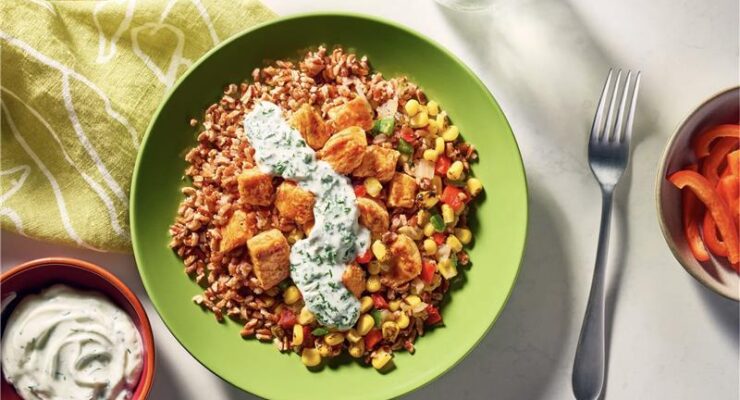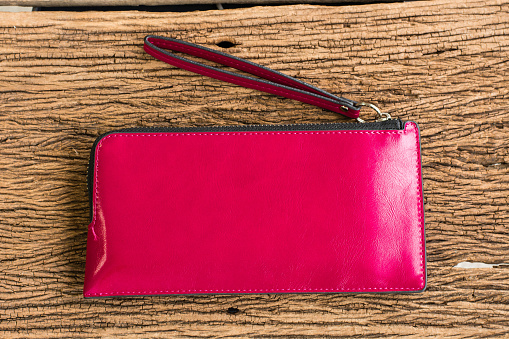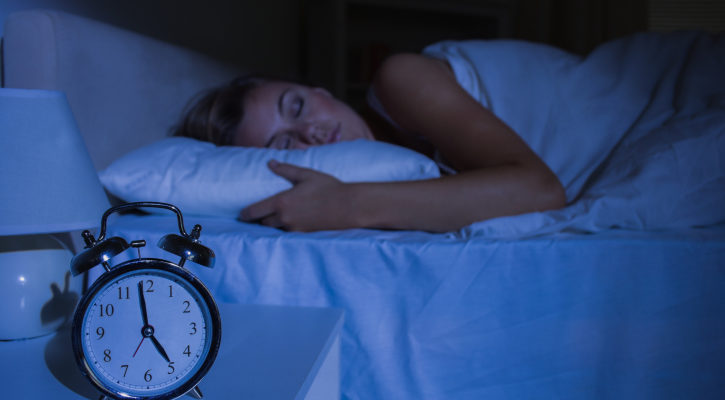Lose Weight By Monday with These 6 Weekend Habits
Article posted in: Lifestyle
Ever weigh yourself on Monday morning and let out a little involuntary shriek? No one would fault you if you thought for a moment that there was something wrong with your scale.
But there isn’t. You gained weight over the weekend. A 2003 study in the journal Obesity Research found that Americans eat an average of 115 more calories per day on the weekend (Friday through Sunday) than on other days of the week. (Tell the truth—sometimes it’s more!)
While it doesn’t sound like much, over the course of the year it turns into 17,940 extra calories, or about five pounds worth of overindulging.
It doesn’t have to be that way. In fact, a more recent study from Cornell University and the Finnish Technical Research Center found that in some people, that weekend weight gain dribbles off by midweek and not because of any metabolic miracles. No, the study said, it’s because some people do a course correction during the week, becoming more mindful of what they’re eating. In other words, they get right back up on the horse on Monday morning.
Of course, if you lost a pound one week and it came back over the weekend, you’re going to have to lose it again, which is, let’s face it, a bit of a setback.
But there are some pretty easy ways to avoid weekend weight gain in the first place. Check out our tips below, then be sure to read this article on 5 Mindless Weekday Habits for Weight Loss.
1. Weigh yourself on Saturday morning.
The bathroom scale is the world’s cheapest biofeedback machine. It will let you know if your Friday happy hour pig-out did any damage so you can get back up on that horse before Monday. Most important, a Saturday weigh-in keeps you mindful of your diet over the weekend, which will automatically help you avoid overindulging.
2. Eat and run.
Or walk, or swim, or go to the gym. You may have more time on the weekend to get in a little extra exercise to help you work off some of those extra calories. For example, if you ride your bike at 10 mph for half an hour, you can burn about 140 calories, according to the calorie count chart developed by the Wisconsin Division of Health, which might take care of one of those appetizers you had the night before.
3. Cool it with the cocktails.
There are 123 calories in five ounces of wine, 154 in 12 ounces of beer and 250 and upwards in many popular mixed drinks. But worse than the calorie load from the drinks themselves is the risk you run that alcohol can stimulate your appetite. A 2016 study published in the journal Health Psychology notes that in experimental taste tests, people tend to want to eat more—and do eat more—after drinking alcohol. In their study, the researchers at the University of Liverpool in the UK discovered it was likely alcohol’s effect on inhibition—it tends to wear down your inner good angel—that made drinkers eat more. This doesn’t mean you shouldn’t have a drink or two. The good news is, the drinkers who were more restrained in their eating behaviors were able to resist overindulging. But if alcohol kills your willpower and you feel helpless against it, choose low alcohol drinks such as light beer or add seltzer to wine to water it down. You’re still drinking, but getting less alcohol.
4. Get some sleep.
Over the past couple of decades, study after study has found a link between lack of sleep and weight gain. One reason, found landmark studies from the University of Chicago, is that levels of leptin, the naturally occurring appetite control hormone, drops in people who are sleep-deprived. When you’re tired, your body craves energy and you can interpret that as hunger. The weekend can offer boundless opportunities to catch up on sleep, from adding an extra hour on weekend mornings to catching a nap in the afternoon. If you have small children, you may want to plan on trading nap times with your partner (“you take Saturday, I’ll take Sunday”). There are other circumstances that can also get in the way. But it’s important to your health and your life—not to mention your weight loss goals—so have a sleep plan in place, along with a Plan B if the first one doesn’t work out.
5. Make Sunday a day of rest.
Declare the weekend over on Saturday night. Don’t wait until Monday to start compensating for those extra calories you consumed. Sunday is a great time to start ratcheting back the eating and notching up the exercise. And not eating another extra 115 calories or more.
6. Create a lifetime habit.
In their study of weekend weight gain, the Cornell University and Finnish researchers who found that “compensating” during the week helped offset feasting on the weekend said that those who did that over time either lost weight or maintained their weight loss even with weekend slip-ups. “Long-term habits,” they wrote, “may make more of a difference than short-term splurges.”














